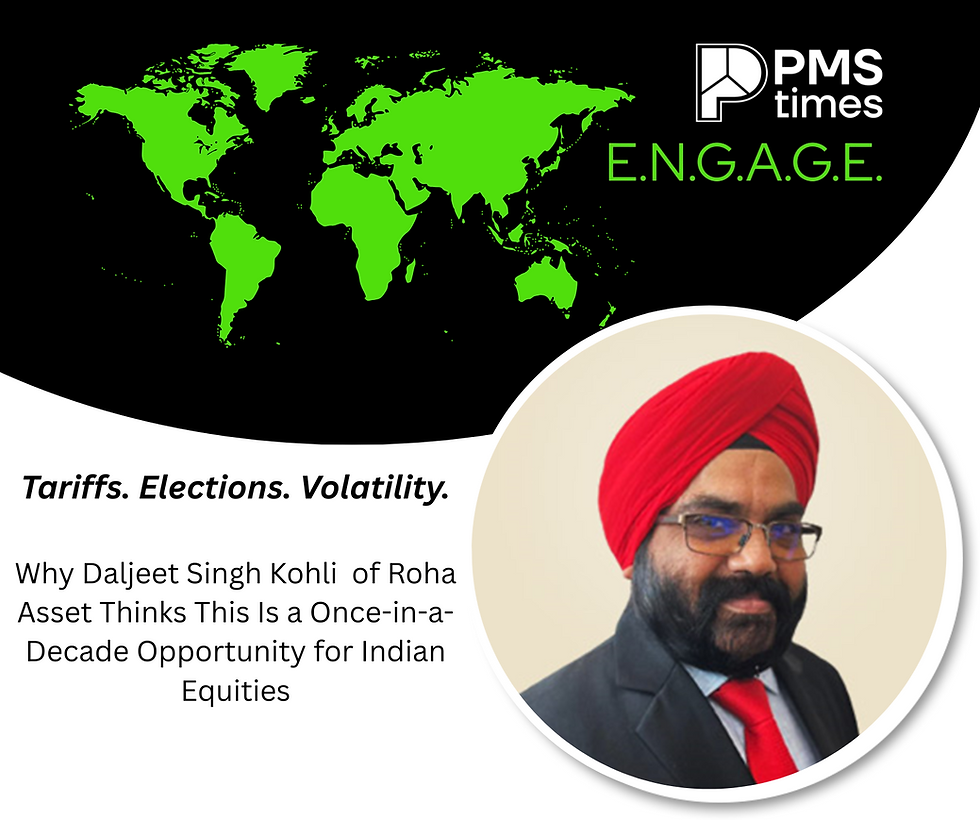Unlocking Wealth: The Endowment Effect's Grip on Investors
- Rahul Gauba
- Dec 27, 2023
- 3 min read
Our daily routine at PMStimes includes engagement and interactions with investors and wealth managers/advisors. Mostly seeking investment solutions for let’s say, “LONG TERM WEALTH CREATION”. During these interactions, our endeavor (me and my team) is to remain as pragmatic and objective as can be, stopping short of just sounding rude. Interestingly, most investors understand our perspective and also the fact that we don’t stand to gain anything out of our analysis of the investor and his perceived objectives.
Recently we interacted with one (of many) such investor suffering from a cognitive bias, The Endowment Effect. Simply explained, it is a cognitive bias in behavioral economics and psychology wherein individuals assign a higher value to the things they own compared to equivalent items they do not own. This phenomenon suggests that the mere ownership of an item can lead people to perceive it as more valuable than it objectively might be. The concept was first introduced by psychologist Richard Thaler in 1980.
Broadly, the key aspects of this phenomenon can be defined as under;
Ownership Influence: Once people acquire ownership of an item, whether it's a physical object, a financial asset, or even an idea, they tend to become emotionally attached to it. This emotional attachment, in turn, influences their perception of the item's value.
Subjective Valuation: Individuals affected by the Endowment Effect may be willing to pay more to retain something they own than they would be willing to pay to acquire the same item if they didn't already possess it. This subjective valuation can lead to seemingly irrational economic decisions.
Impact on Trading and Transactions: The Endowment Effect can impact buying and selling behaviors. For instance, someone might be reluctant to part with an item they own, demanding a higher price to sell it than what another person would be willing to pay to acquire the same item.
Divergence from Economic Rationality: Traditional economic theory assumes that individuals make decisions based on rational calculations of utility and value. The Endowment Effect, however, highlights instances where emotional and psychological factors play a significant role in decision-making, deviating from the rational economic model.
Research and Applications: The Endowment Effect has been studied in various contexts, including consumer behavior, marketing, and negotiations. Understanding this bias can help marketers and negotiators anticipate and address the subjective valuation that individuals may place on their possessions.
The Endowment Effect can be observed in various contexts, such as personal belongings, investments, or even ideas. Once someone owns or possesses something, they may develop a sense of attachment and ascribe greater worth to that item, even if objectively it has the same or lesser value than alternatives.
Not surprisingly, none of us is spared from this particular bias. It could be an old watch or a pair of jeans, for me it was my first pair of Woodland Shoes bought back in 1997, they still lie there in my old shoe rack back at my mom’s home all worn out, but she won’t throw them either coz I loved them, and I never let her throw them away.
This bias is also very evident when it comes to investing. Most DIY (Do it yourself) portfolios that we come across suffer from THE ENDOWMENT EFFECT. Almost all investors dealing in stocks directly have some stocks which have been sitting around forever. Irrespective of whether or not, it’s delivering what it was bought for in the first place. It may be a certain company which started as a Tobacco giant and ended up diversifying into non-core businesses which are dragging its value down with the price remaining stagnant for decade or simply any other stock that one bought coz he just liked it at that point in time, or like in my case, sitting on stocks which my late father bought 30 years ago. Whether it makes any economic sense anymore doesn’t carry any water or weight. It stays in there like the proverbial “Angad Ka Paanv”, literally not moving at all, in any direction, neither in price nor exits out of the Demat account.
An investor would do well to resist any form of cognitive biases and remain as grounded, objective and pragmatic when it comes to investing his hard-earned money. Its always better to be clear in mind and take informed decisions and seek professional advise whenever they feel lost or confused. In the end, money needs to generate optimum returns with comfortable risk.



Comments